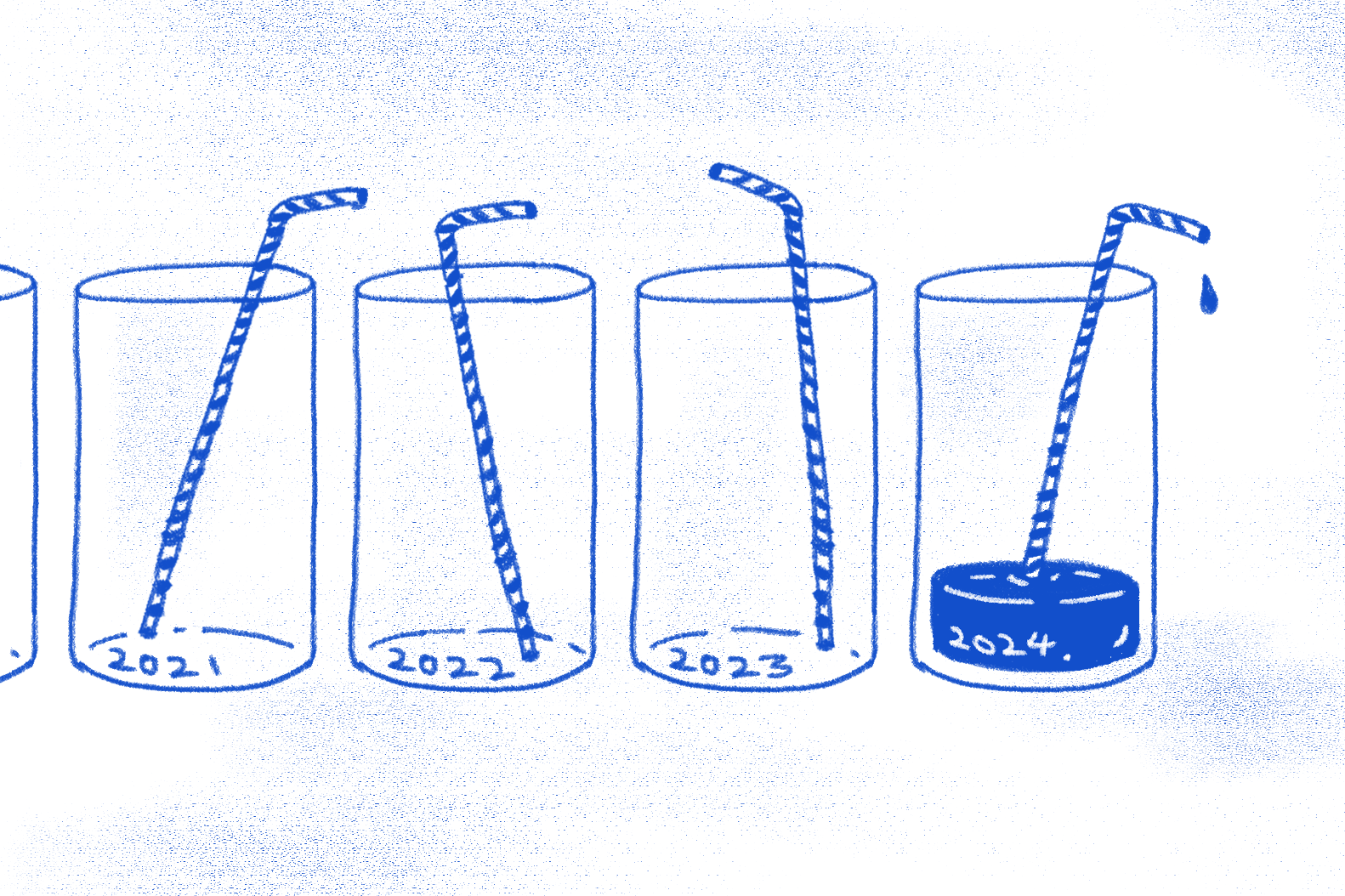Reading the whole discussion on social media about the peeping tom in NUS, I sympathise with the victim, and I believe the episode has caused her much distress. Sexual harassment is very wrong, and the perpetrator deserves disciplinary action.
I also wholeheartedly support the need to implement measures to better prevent such acts in the future and provide support to victims of sexual misconduct. We should not be silent about the status quo, and should indeed fight for the cause because we cannot afford having anyone else’s life shaken by such incidents.
However, I was also reminded of this account in the Bible where a group of “religious” people brought to Jesus a woman who was caught in the act of adultery. They cited the old Jewish law and expressed their moral conviction that such perpetrators deserve to be stoned.
They expected Jesus, who was very upright and led a life beyond reproach, to say something in their favour. Jesus’ response was shocking to them, even by today’s standards.
He said to them: “Let him who is without sin among you be the first to throw a stone at her.” (John 8:7 ESV)
The account continues: “But when they heard it, they went away one by one, beginning with the older ones, and Jesus was left alone with the woman standing before him. Jesus stood up and said to her, “Woman, where are they? Has no one condemned you?” She said, “No one, Lord.”
And Jesus said, “Neither do I condemn you; go, and from now on sin no more.” (John 8:9-11 ESV)
When thinking about balancing restorative and retributive justice with regard to this peeping tom incident, I would like to call for more reflection on the restorative approach because it seems largely absent in the discussion based on what I’ve read so far.
And if we want to push for a retributive approach, this is just a reminder for us to examine the state of our own hearts along the way – for with the measure we use, it will be measured to us. Perhaps we might then achieve the goal of better protection for the vulnerable in this case, just in a slightly different spirit.
Given the urgency of the matter, our utmost concern for the victim and our strong convictions against such acts of sexual harassment, many of us might have been slightly distracted by what was on the surface – when that desire has conceived and given birth to sin (James 1:15) – without addressing the heart of the problem: the problem of the human heart.
In the earlier account in the book of John, while those people who brought the adulterer to Jesus might not have committed such acts of adultery themselves, many later on realised that they were not that righteous either.
True enough, they had not committed something outwardly, but were their hearts any better? Their thoughts, their desires in private – if they were to be played out in front of everyone, would they be proud of them?
I believe it’s crucial to impose punishment and for people to exercise restraint. However, an over-emphasis or an exclusive focus on the external might not be helpful. In fact, if not handled wisely it might just amplify the hurt to various parties in the process.
How much punishment is enough to serve justice, and by whose measure? Would having those punishments meted out heal any brokenness in us and the perpetrator? Do our words and actions bring life to the situation?
Or do we need something else on top of the retributive approach even when pursuing justice?
Something that cannot originate from our fallen nature, something called mercy and grace that reaches to the inmost recesses of our hearts, healing perpetrators and victims alike? Will we carry the message of reconciliation (2 Corinthians 5:19)?
You might be asking a different question or find the answer elsewhere, but to me this is the same message behind Good Friday and Easter.
The writer is an NUS student. This reflection was originally posted on his Facebook page and adapted with permission.
- What are your thoughts on the NUS peeping tom incident?
- What would retributive justice and restorative justice look like in this case?
- How do we respond when we encounter injustice – either in our own lives or in the lives of others?









